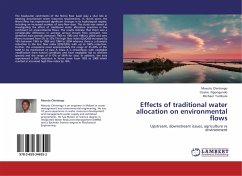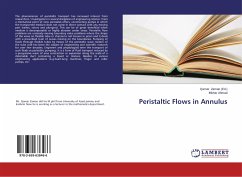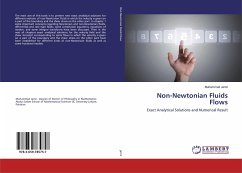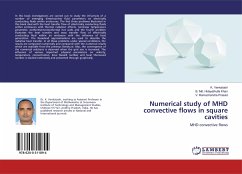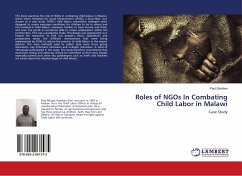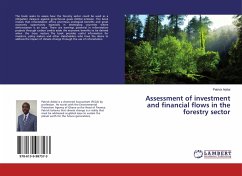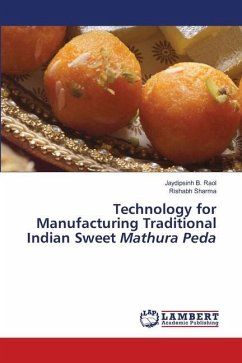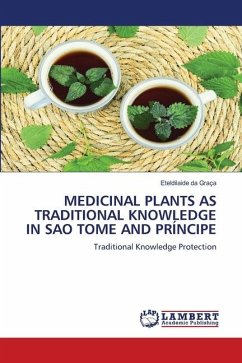The headwater catchments of the Rivirivi River basin play a vital role in meeting downstream water resources requirements. In recent years, the Rivirivi River has experienced significant changes in its hydrological regime, including an increased number of zero-flow days. This study was aimed at investigating the effect of traditional water allocation practices in the catchment on environmental flows. The results indicate that there was a considerable difference in average annual stream flow between two identified main periods (between 1963 to 1983 and 1984 to 2004) and zero flows increased from 5% to 12% The high flow index (Q5/Q50) increased by 16% between 1963 to 1983 and 1984 to 2004 whereas there is a dramatic reduction in the low flow index (Q95/Q50), with up to 100% reduction. Further, the ecosystems need approximately the range of 35 40% of the MAR to be maintained at class A (Class A is streamflows with negligible modification from natural conditions and have negligible risk to sensitive species) and the range of 9 13% of MAR for class. In addition, the area experienced a 65% reduction in forest cover from 1992 to 2008 which resulted in increased high flow index by 16%.

